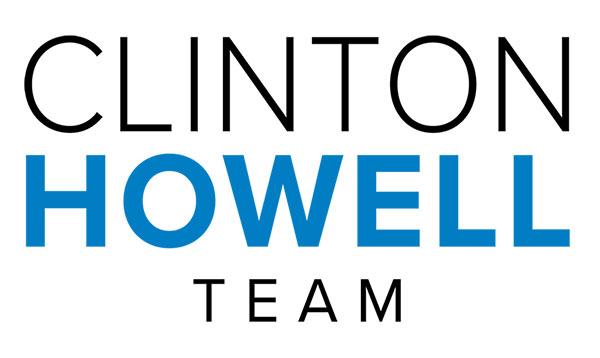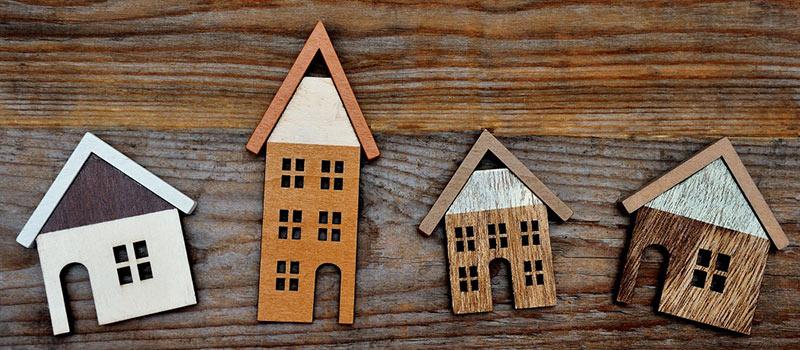Should You Rent or Buy Your First Home?
Deciding whether to rent or purchase your first home is a significant decision that involves careful consideration of your financial situation, goals, and long-term plans. While owning a home offers stability and builds equity over time, it also comes with financial risks and responsibilities. Here’s a comprehensive guide to help you weigh the pros and cons and make an informed choice.
Understanding Affordability and Timing
The choice between renting and buying often boils down to affordability and timing. While owning a home is generally more advantageous in the long run, you need to assess whether you can handle the upfront costs, ongoing expenses, and potential risks. Timing also plays a crucial role—are you in a stable enough position to commit to homeownership for at least the next few years?
Key Factors to Consider
1. Have You Saved Enough for a Down Payment?
Saving 10–20% of the home price is ideal, but not always realistic for first-time buyers. Some turn to family support, such as the “Bank of Mom and Dad,” for help. A 10% down payment can secure mortgage approval, but high-ratio mortgages require additional costs like CMHC insurance, which adds up at closing.
2. Do You Have Funds for Closing Costs?
Beyond the down payment, several closing costs can catch first-time buyers by surprise.
- Legal fees
- Land transfer tax
- Immediate repairs or modifications (e.g., installing a fence for a pet)
- CMHC insurance for high-ratio mortgages
3. Can You Keep Debt Below 40% of Your Income?
Lenders often assess your Total Debt Servicing Ratio (TDSR), which should remain below 40% of your net income. This includes your mortgage, credit card payments, and any other loans.
4. Can Your Income Cover Living Expenses Comfortably?
Ensure that 50–60% of your income can handle the following essential and discretionary expenses:
- Groceries
- Toiletries
- Clothing
- Entertainment
- Gifts
- Savings
5. Are You Prepared for Ongoing Maintenance Costs?
Owning a home means setting aside 1–2% of its value annually for upkeep and repairs. Common expenses include:
- Replacing windows or HVAC systems
- Repairs for appliances
- Painting, carpeting, and pest control
6. Do You Plan to Stay in Your Home for 3–5 Years?
Buying a home is a long-term commitment. If you sell too soon, the commission costs and market fluctuations might outweigh your gains. Allow time for the market to rise and cover upfront expenses.
7. Is Your Employment Stable?
Confidence in your current employment situation is vital. Job or income loss is one of the largest risks associated with homeownership. Assess your job stability before making the leap.
8. Are You Ready for the Commitment?
Owning a home is rewarding, but it requires a significant lifestyle adjustment. Ask yourself:
- Are you ready for the financial and emotional responsibilities?
- Are you and your partner aligned in your decision if buying together?
- Does homeownership align with your family planning goals?
Final Thoughts
The decision to rent or buy a home is deeply personal and varies for everyone. By considering these factors, you can better evaluate whether now is the right time to take the plunge into homeownership or if renting remains the more practical option.
Take your time, crunch the numbers, and don’t hesitate to consult a professional to guide you through this critical decision. Owning a home is a big step—but with the right preparation, it can be a rewarding one!



